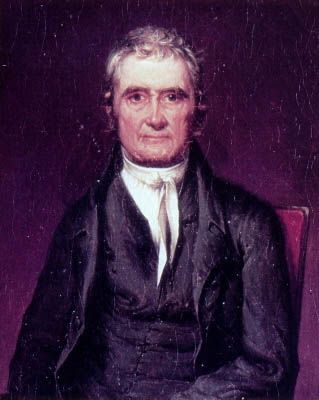- Anthropology: Biographies
- Archaeology: Biographies
- Business Leaders
- Crime and Law Enforcement: Biographies
- Customs and Artifacts: Biographies
- Economics: Biographies
- Education: Biographies
- Labor: Biographies
- Law: Biographies
- Political Science: Biographies
- Social Reformers
- Sociology: Biographies
- Supreme Court: Biographies
- United Nations: Biographies

